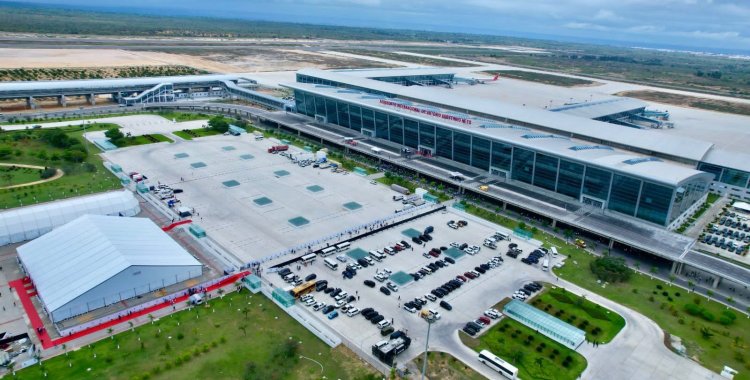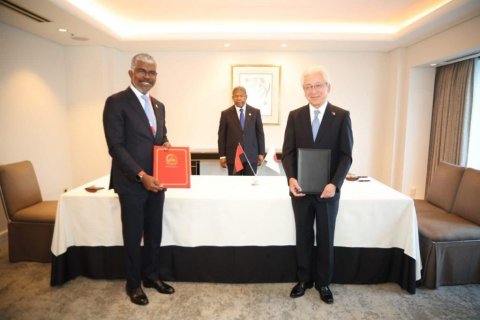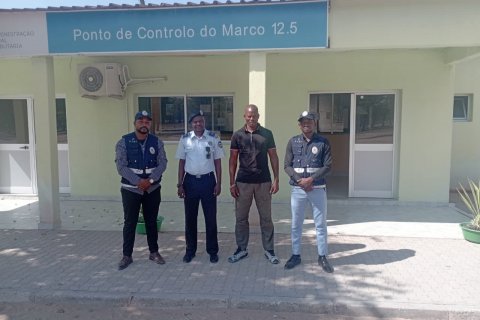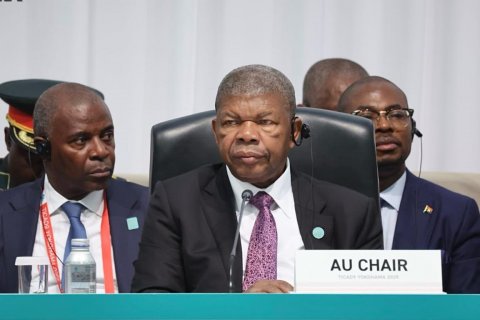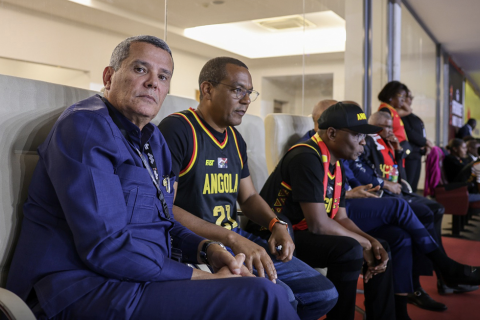The coordinator – speaking to Angop, at the end of a visit by the Minister of State for Economic Coordination, José de Liamda Massano, to the infrastructure to ascertain the challenges until the airport is operational – said that the training of more than 1000 technicians is currently underway, for subsequent international certification that leaves them licensed to operate the aforementioned airport.
According to José Paulo Nóbrega, currently the biggest challenge with regard to the operationalization of the airport infrastructure is related to the training of staff, which began approximately four months ago and from June onwards "on the job" training will begin.
"Effectively, we have two types of challenges, the first being the repairs of the last necessary works, before the start, but which do not affect the airport's operability", pointed out the person in charge, cited by Angop.
Without giving any dates, José Paulo Nóbrega also made it known that training for maintenance technicians will soon begin, with a view to ensuring its durability.
According to the coordinator, there is a multidisciplinary team with 18 groups, made up of more than 40 technicians each (such as professionals from TCUL, AGT and the railways), who every day find the best ways to make the airport work, writes Angop.
With the necessary equipment and technology to operate normally now available, the airport has been receiving cargo flights since the beginning of this year, currently offering an average of five weekly flights.
"We have already received large cargo planes such as the 747 and other lighter ones, from various parts of the world, while passenger planes continue at 4 de Fevereiro Airport for now," added the official.
Remember that the 'António Agostinho Neto' airport was opened on November 10th last year.

